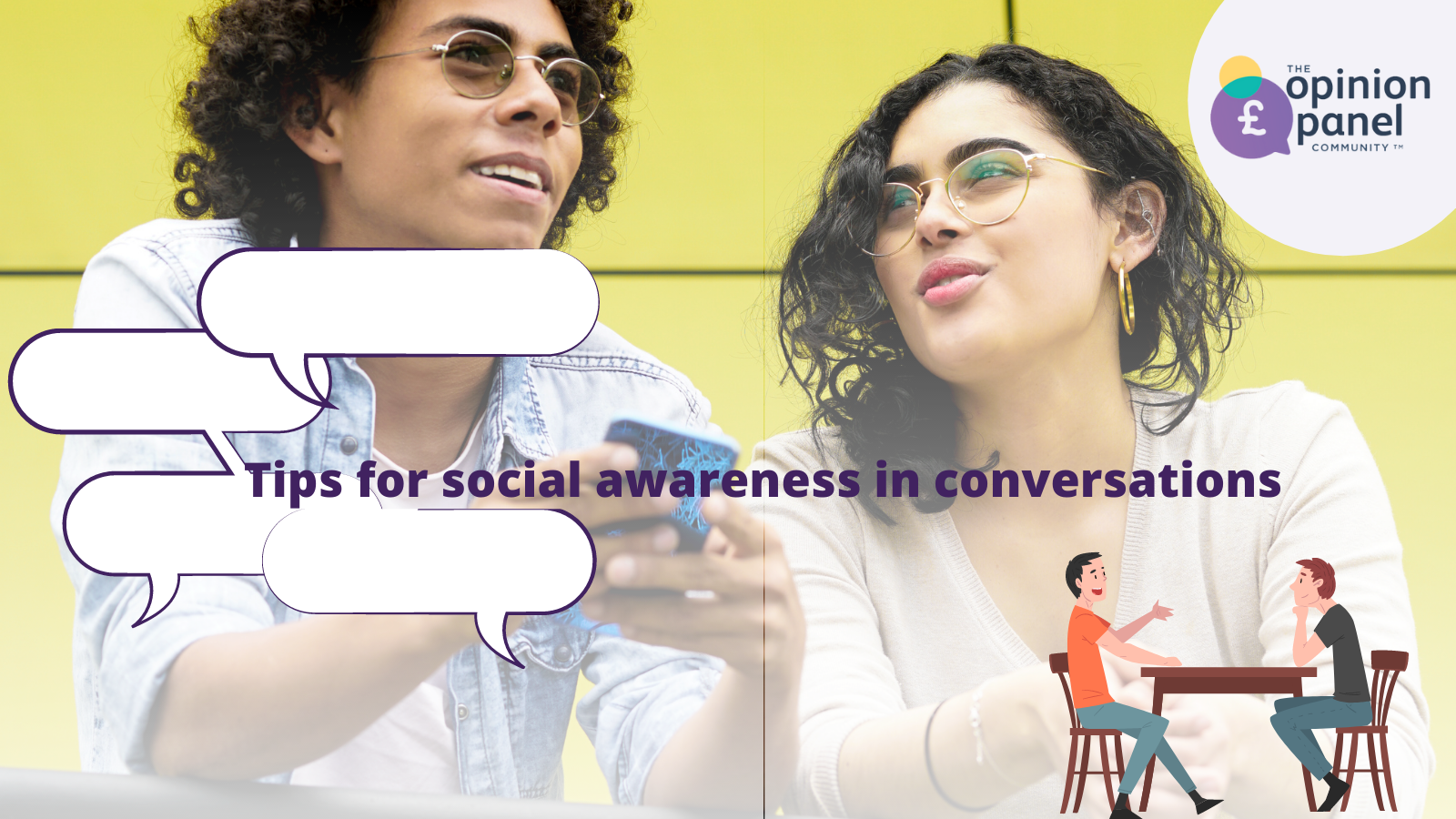
I was recently at a work experience placement and from my interactions I had some reflections about how we can be more socially aware when speaking to people. Now, these may seem obvious to some or may seem a bit excessive, but I think because of these very reasons we often overlook them during conversation. People have different sensitivity levels and I think it’s good to know what some people can be receptive to.
Although these tips can be applied to conversations with anyone and in any setting, many of them are tailored for when you are speaking to people who are new to the scene. So, here are a few tips to recall…
1.Include them in the conversation🤝
Sometimes we may be having a conversation with a person and then our friend (who doesn’t know them) enters the room and starts a conversation with us. Now we’re in this awkward place where we have to navigate between two people who don’t know each other. But it doesn’t have to be awkward. In this scenario, it’s simply best to introduce the two to each other and if your friend brings up something that only the two of you know about then fill the other person in a little. This makes sure the person doesn’t feel like a bystander.
Alternatively, if you’re with your friend and the other person comes into the room, say hi but also ask them how they are. Often if the person is new to the scene, they can feel uncomfortable initiating conversation or don’t want to interrupt your conversation so it’s nice for you to break the ice. Also, I’m sure your friend will understand and not feel offended if you include a new person in the conversation.
2.Continue the conversation🗣️
Sometimes we are speaking to a person and then get interrupted by a phone call or someone else speaking to us. If the call isn’t urgent, then it’s best not to interrupt the conversation by picking up the call but you can just leave a message. If the other person comes to have a longer conversation with you (than just ask a quick question) then it’s better to introduce them to the new person.
After you have picked up the call or spoken to the person, make sure to continue the topic of the conversation. This makes the person feel as if they are being listened to and that you are engaging with their story (which makes you more likeable btw)!
3.Voluntarily add to the conversation😆
A lot of the time new people in the workplace want advice and to hear from others about their experiences. When the person is eagerly asking questions then try to guess what they would like to know and give them the advice and speak about the experience before they ask the questions. This makes the person feel relaxed and not wonder if they’re bombarding you with questions.
4.Politely leave the conversation👋
If you are speaking to a person but you only have a few minutes or sense there’s not much to speak about then don’t leave the conversation suddenly but say something along the lines of “alright I’d love to talk more but I have to do [so and so]. I’ll catch up with you later.” This makes the person feel valued as you tell them that you would continue the conversation if you had time and that you look forward to seeing them again.
Also, when you see that a person is sitting alone and especially if they begin a conversation with you then don’t just sit somewhere separately but sit and talk to them. Even if you don’t want the person to feel as if you are doing so because you know they might feel lonely it’s better to keep them company than not at all.
5.Language and body language👐
- Face your body towards them while they speak to you.
- Maintain eye contact. (Don’t use your phone!)
- Give a genuine smile. Don’t look condescendingly at the person (as if you are laughing at them).
- When you see them in the corridor, say hi and ask them how they are or at least give a smile if you’re unable to have the conversation (Can’t emphasise the power of a smile!)
- If you are sitting and they are standing, then offer them a seat (a lot of the time people feel uncomfortable taking a seat without being asked)
- If they look sad/lonely, please avoid the question “are you okay?” but rephrase it to a less condescending question such as “how are you?” or “can I help you?”. The former question can make a person feel as if something’s wrong with them and they might have been feeling okay anyway before you asked.
- Avoid negative language such as “I don’t know why you did so and so” / “it was a mistake for you to..” / “That wasn’t a good idea” but be understanding and say “I was the same when../ “I remember when I was…” / “Don’t worry, that happens” / “I can imagine myself doing the same” (even if you can’t). This makes sure the person doesn’t feel bad about their mistake and allows the person to know that they’re not alone in their journey.
6.Put yourself in their shoes👠
I think many times when we have ‘made it’ and are now comfortable in the position we hold, we can forget what it felt like when we were the newbie. So, I think the most important advice I can give which summarises all the above is to put yourself in the shoes of the other person more often. Going in with this mindset will allow us to be more empathetic and make us less likely to be judgemental or contemptuous.






Hi Ruth,
Thanks for the comment. I agree with you, and this is advice based on my experience as an individual who experiences anxiety. This article is more tailored towards more ‘extroverted’ or ‘social’ people to ensure that they are more socially aware when they are speaking to those who are less so.
I think that it is very hard for kids who have anxiety and depression etc and it isn’t easy to come and talk to people